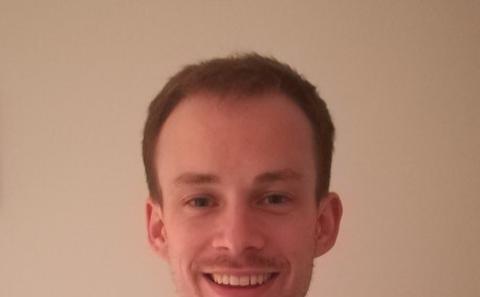“The Ablest Man in South East Asia”: Nguyen Huu Tri, Ngo Dinh Diem and the U. S. Mission in Indochina, 1950-54 Seminar

- Time:
- 13:00
- Date:
- 15 November 2017
- Venue:
- Lecture Theatre C, Avenue Campus, University of Southampton, SO17 1BF
For more information regarding this seminar, please email Mary Andrew at m.j.andrew@soton.ac.uk .
Event details
Part of the CIPCS Seminar Series for 2017-18
This paper focuses on one of the most hotly debated topics of early U.S. involvement in Vietnam: Ngo Dinh Diem’s appointment as the prime minister of the State of Vietnam in mid-1954. While some scholars stress the decisive intervention of American actors in the chief of state Bao Dai’s decision to appoint Diem, others place greater importance on the changing political situation in Vietnam and the efforts of Diem’s brother Ngo Dinh Nhu to build up domestic support for his sibling. However, in their effort to establish the extent of American involvement in Diem’s rise to power, historians have ignored the attempts of U.S. officials in Vietnam to promote an alternative candidate in this period: Nguyen Huu Tri. Killed in mysterious circumstances in the early stages of Diem’s prime ministership, Tri was a leading figure in the Dai Viet, a Vietnamese nationalist group with considerable influence in the north of the country, and served as governor of northern Vietnam through much of the early 1950s. Like Diem, Tri’s anti-colonial outlook, fierce anti-communism and openness to American support impressed U.S. officials in Indochina, many of whom described him as the most impressive political figure in Southeast Asia. When a change of government appeared in the offing in the late spring of 1954, U.S. diplomats pressed their government to use U.S. influence to install Tri rather than Diem as prime minister. Utilising British and American archival material, the paper explores the reasons behind U.S. interest in Tri and the efforts of the U.S. mission to promote his candidacy between 1950 and 1954. In doing so, it reveals the limits to the U.S. mission’s ability to shape Vietnamese domestic politics and contends that Diem’s ascension owed far more to the efforts of his brothers in Vietnam than to that of U.S. sponsorship.
Useful Downloads
Speaker information
Alex Ferguson, Teaching Fellow in Modern American History at the University of Southampton.. I specialise in the history of U.S. foreign policy in the twentieth century. My major interest is in the diplomatic history of the Vietnam War. I am in the final stages of completing a PhD at Southampton on the subject of the U.S. Embassy in Saigon during early U.S. involvement in Vietnam. The project assesses the activities undertaken by embassy officials in Vietnam, the influence that these diplomats exerted on events on the ground and policymaking in Washington, and the embassy’s role in deepening the American involvement in Indochina during the 1950s.